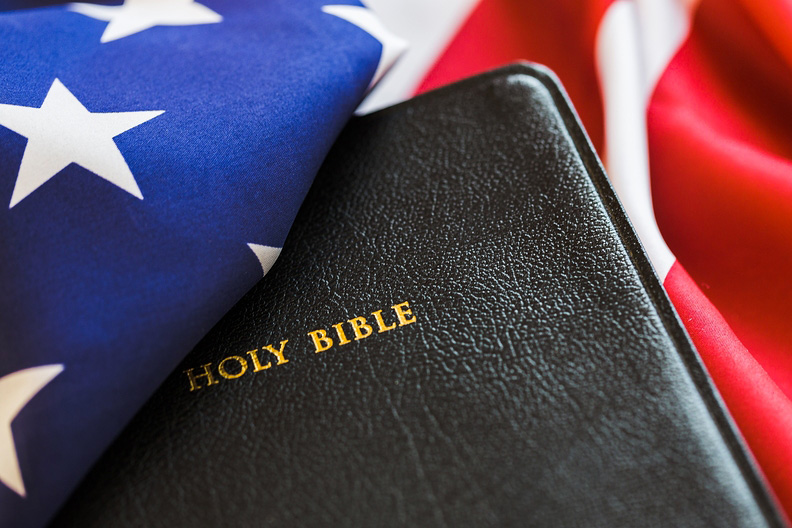
He is Lord of All
10-22-2023Weekly Reflection© LPi Fr. John MuirWith little more than a year until the United States’ national elections, I find myself feeling, like many Catholics, both dread and energized. Dread, because our democratic republic can be a messy endeavor and campaigns a long, nasty, and unedifying slog; energized, because hope for positive societal change can be enticing and engaging. As a pastor, I see similar conflicting attitudes in those whom I serve. How can Catholics best engage our political arena in a way which is truly helpful and worthwhile?
This weeks’ gospel reading offers wisdom in this regard. Jesus says, “Render therefore to Caesar the things are Caesar’s, and to God the things that are God’s.” This riddle forces us to answer for ourselves a hidden question: what is the relationship between political and divine authority? Two common but false answers lead to mischief. If we answer that the two are equivalent, politics becomes our absolute authority. This happens whenever religion is slave to the state, as in the travesty of the pro-Nazi German Christian movement in the 1930s and 40s. It also usually occurs when there is an official state religion. If we answer that the two are totally unrelated, we end up with an unchecked aggressive secularist state as we often experience now. Thus, religion becomes a weak and private pastime.
What’s a better alternative? At our best, Christians hold that political authority does indeed have its own legitimate autonomy but is nested within God’s all-encompassing authority. Think, for example, of Rev. Dr. Martin Luther King Jr.’s respect for politics while also being able to criticize unjust human laws because he recognized a higher heavenly law. In other words, Caesar owns politics — and God owns Caesar. So, we should allow Jesus’ words to lead us to have a deep respect and willingness to peacefully engage in politics without making that engagement our religion. We bring our faith to bear on our politics knowing confidently that Caesar isn’t God — but he is indeed God’s.
BACK TO LIST